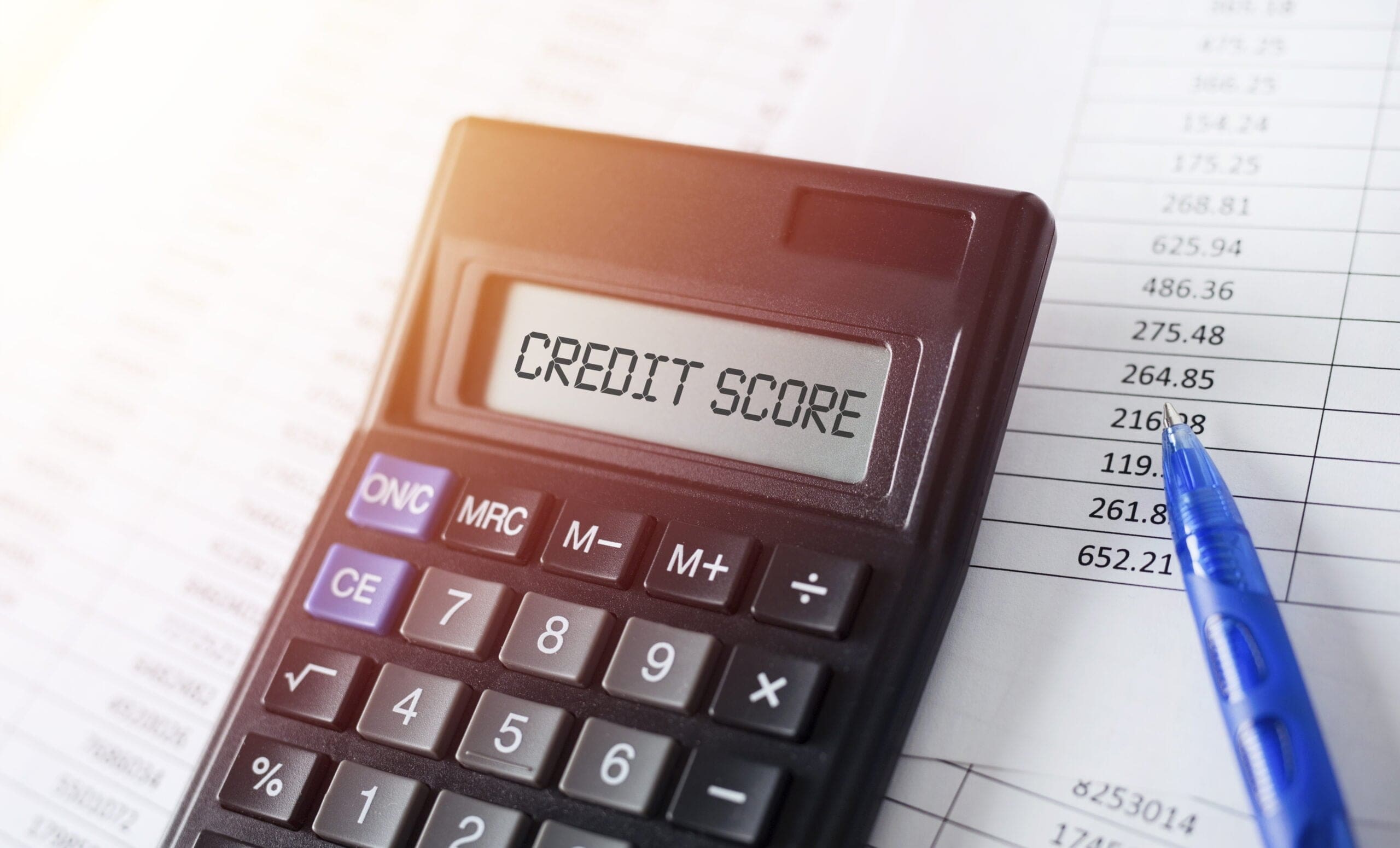
October 21st is recognized as Get Smart About Your Credit Day. Learning about the key components that make up your credit score and how to improve it is extremely important. Most people start paying attention to their credit score, right around the time that they start looking to buy or build a home. When looking to buy a home, mortgage lenders look at your overall credit score and history to access how much money they will lend you. So, before you start the home buying or building process, you want to make sure your credit is in healthy standing. Here are 9 Steps to Better Credit Before Buying a Home.
- Pay Down Existing Debt
The first step you should take when analyzing your current debt situation is to access how much debt you currently have. If you have a higher debt to income ratio, it can decrease the chances of you being approved for a home loan. So, before you begin the home buying process, focus on the outstanding debt you have and work on paying some of it down before jumping into the home buyers market.
- Avoid Adding New Debt
While working on paying down any existing debt, make sure to avoid any unnecessary spending, especially larger purchases. Adding new debt will just add to your debt-to-income ratio, making your chances even harder to get a loan.
- Fix Credit Report Errors and Negative Remarks
Having errors or negative remarks on your credit report can dramatically decrease your chances of being approved for loans. Make sure to check your credit report for any errors or remarks such as invalid outstanding debt, potential identity theft, or any missing or overdue payments. If you feel that any of these errors or remarks are invalid, you can dispute them by contacting the three credit bureaus.
- Don’t Close Out Older Accounts
A crucial factor in determining your overall credit score is your credit history. Your credit history is the length of time you have had your accounts open. Having accounts open for a longer period can help better your score. Instead of closing out your accounts, you can make small purchases from time to time, and then pay off the balance to keep it low.
- Request an Increase in Credit Limit
Your credit utilization ratio is the difference between your overall credit limit and how much of the limit you have used. You want your credit utilization ratio to be as low as possible since it is a key factor in determining your overall credit. To try minimizing the ratio, you can request an increase in credit limit. This will give your account a higher credit limit giving you a higher difference in your ratio.
- Use your Renter’s History
If you currently rent your house or apartment, you can use your rental history as a credit reference when going through the home buying process. It’s important that you make your monthly rent payments by check or debit card so there is a paper trail of proof of payment. It is also extremely important to let your landlord know so they can verify your credibility to any mortgage lenders. Renting at one locaton for awhile with consistent and on-time payments will help prove your credibility.
- Choose your Credit Cards Wisely
Not all credits cards are looked at in the same way by banks and lenders. For example, department store credit cards can typically hurt your credit score because they have high interest rates. It’s wise to stick with credit cards that are from a trusted banks and credit unions. Don’t forget to become educted on all the annual fees, late fees, and any other policies that may come with your credit cards.
- Stay on Track with Auto-Payments
When you miss a payment on your credit card, it can hurt your overall credit score. To avoid the hassle of remembering to make your payments each month, you can set up auto-payments. Signing up for auto-payments will auto deduct the payment from your bank account each month so you don’t have to worry about it.
- More than the Minimum
On any of your credit card accounts or loans, you will have to pay a minimum amount each month. If you consistently pay just the minimum amount, it will be harder to pay off your total debt amount. In fact, it could even make your debt increase because of interest charges. Paying more than your minimum amount each month will help you pay down your debt faster and avoid high interest charges.
